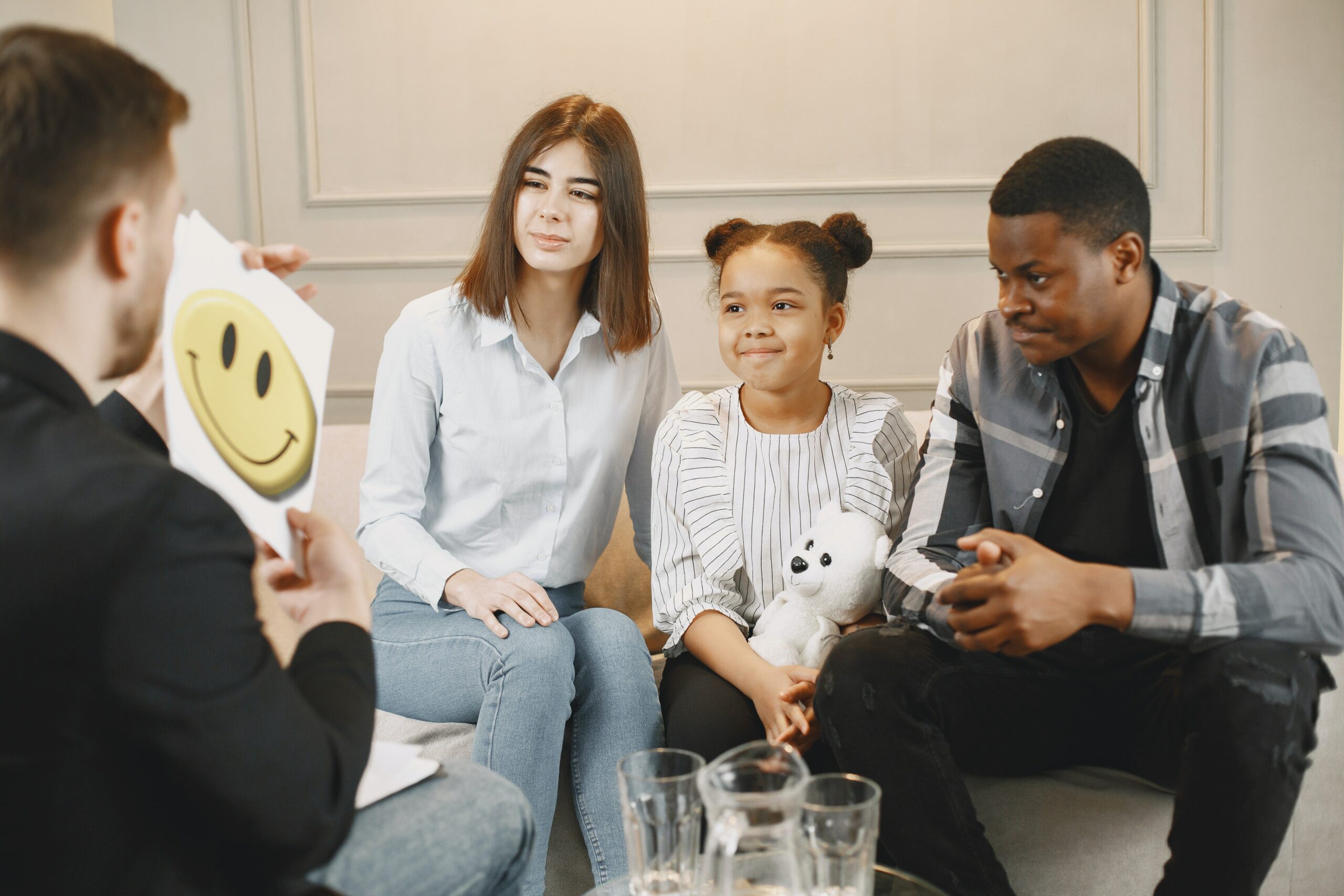Childhood is a crucial phase of life marked by rapid development, exploration, and the formation of fundamental cognitive and emotional foundations. For some children, navigating this journey may involve facing challenges that impact their mental and emotional well-being. Enter psychology therapy for children, a compassionate and tailored intervention designed to support and guide them through these formative years. In this comprehensive blog post, we'll delve into the principles, methodologies, and transformative impact of psychology therapy for children, exploring its applications, benefits, and the pivotal role it plays in nurturing young minds.
Understanding Psychology Therapy for Children:
Psychology therapy for children, also known as child or pediatric psychology therapy, is a specialized branch of psychology that focuses on addressing the unique mental, emotional, and behavioral needs of children and adolescents. Grounded in the principles of developmental psychology, child therapists work collaboratively with children, their families, and other caregivers to explore and understand emotions, thoughts, and behaviors in a supportive and age-appropriate manner.
Principles of Psychology Therapy for Children:
- Child-Centered Approach: Psychology therapy for children emphasizes a child-centered approach, recognizing the individuality of each child and tailoring interventions to their specific developmental stage, personality, and needs.
- Play-Based Techniques: Recognizing the language of play as a primary means of expression for children, therapists often incorporate play-based techniques to facilitate communication and exploration of emotions and experiences.
- Family Involvement: Family involvement is integral to psychology therapy for children. Therapists collaborate with parents and caregivers to gain insights into the child's environment, family dynamics, and provide guidance on fostering a supportive home environment.
- Developmental Considerations: Child therapists consider age-appropriate developmental milestones, recognizing that the understanding and expression of emotions may vary across different stages of childhood.
Applications of Psychology Therapy for Children:
- Anxiety and Stress Management: Child psychologists work with children experiencing anxiety or stress, helping them develop coping strategies, relaxation techniques, and a better understanding of their emotions.
- Behavioral Challenges: Psychology therapy addresses a range of behavioral challenges in children, including defiance, aggression, attention difficulties, and other disruptive behaviors.
- Social Skills Development: Children may engage in therapy to enhance their social skills, including making friends, effective communication, and understanding social cues.
- Emotional Regulation: Therapists assist children in recognizing and regulating their emotions, teaching them healthy ways to express and cope with a range of feelings.
- Trauma and Grief Counseling: Children who have experienced trauma or loss may benefit from psychology therapy to process their emotions, navigate grief, and build resilience.
Interventions and Techniques in Psychology Therapy for Children:
- Play Therapy: Play therapy is a cornerstone of child psychology therapy, allowing children to express themselves through toys, games, and creative activities. It provides a safe and non-threatening space for exploration and communication.
- Cognitive-Behavioral Therapy (CBT): Adapted for children, CBT focuses on identifying and challenging negative thought patterns, teaching coping strategies, and promoting positive behavior change.
- Art and Expressive Therapies: Utilizing art, music, or dance as therapeutic mediums, expressive therapies provide alternative ways for children to communicate and process emotions.
- Narrative Therapy: Narrative therapy involves creating and exploring personal stories, helping children externalize issues and develop a sense of agency in shaping their narratives.
- Parent-Child Interaction Therapy (PCIT): PCIT involves observing and coaching parents in real-time interactions with their children. This approach enhances parenting skills, improves communication, and strengthens the parent-child relationship.
Benefits of Psychology Therapy for Children:
- Improved Emotional Well-being: Psychology therapy equips children with tools to understand and manage their emotions, fostering a foundation for improved emotional well-being.
- Enhanced Coping Strategies: Through therapy, children learn adaptive coping strategies that empower them to navigate challenges and stressors in their lives.
- Positive Behavior Changes: Behavioral interventions in psychology therapy contribute to positive behavior changes, promoting healthier interactions and responses.
- Increased Self-Esteem: By addressing challenges and building on strengths, psychology therapy helps boost a child's self-esteem and confidence.
- Effective Communication Skills: Therapy enhances a child's ability to express themselves, fostering effective communication skills that contribute to healthier relationships.
Conclusion:
Psychology therapy for children is a compass guiding them through the complexities of emotions, behaviors, and relationships. By embracing child-centered approaches, play-based techniques, and family involvement, child therapists create a nurturing space for exploration and growth. As we celebrate the positive changes and resilience fostered through psychology therapy, we recognize its pivotal role in laying the groundwork for children to navigate their emotional landscapes, build meaningful connections, and embark on a journey of lifelong well-being.

